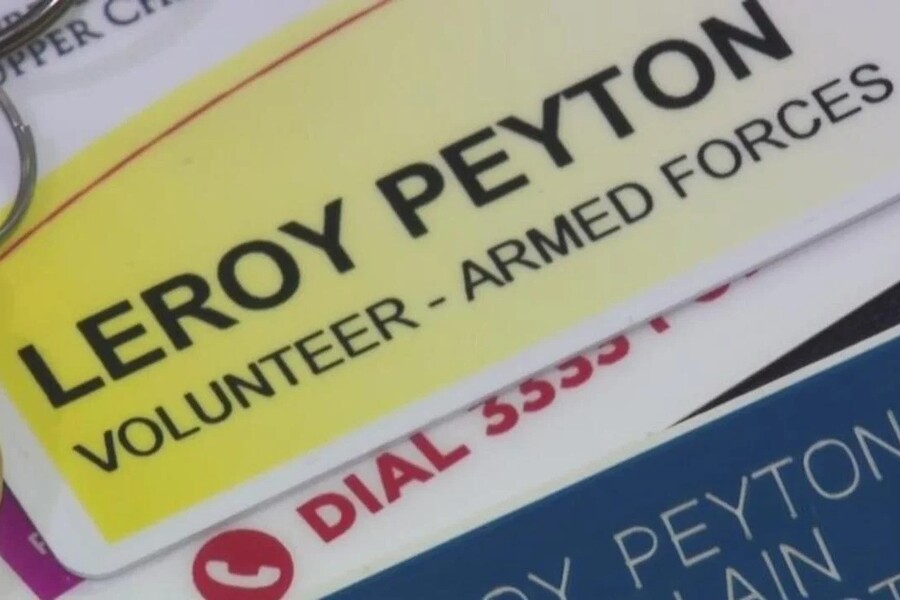A 79-year-old Vietnam veteran is alive and thriving today thanks to the fast actions of two American Legion Post employees who recognized the signs of a stroke and acted immediately. The incident highlights the life-saving importance of recognizing and responding to stroke symptoms quickly.
LeRoy Peyton, a dedicated volunteer with the Armed Forces Visitation Program at Upper Chesapeake Health, was visiting the American Legion Post when bartender Donna King and assistant manager LeeAnne Axelsson noticed troubling changes in his condition.
Peyton’s face began to discolor, and his speech became garbled and incoherent. King, a trained observer of stroke symptoms, immediately sensed the seriousness of the situation.
“He was unable to communicate. He had a voice, but it wasn’t making sense,” King recalled. “I knew right away we needed to get him help. Time is critical in these situations, and I was sure it was a stroke.”
King and Axelsson quickly called paramedics, who arrived in time to rush Peyton to Upper Chesapeake Medical Center. There, doctors administered Tenecteplase, a clot-busting drug that has been pivotal in stroke treatment.
“He had significant neurological deficits upon arrival,” explained Lindsay Goff, Stroke Program Coordinator at Upper Chesapeake. “Thankfully, the quick recognition of symptoms and the timely administration of Tenecteplase got him back to his baseline.”
Today, Peyton has made a remarkable recovery, with only mild facial numbness remaining as a reminder of the incident. He has resumed his volunteer work visiting veteran patients and continues to be an active part of the community.
The incident underscores the importance of understanding stroke symptoms, which can often be identified using the acronym BEFAST: Balance issues, Eye problems, Face drooping, Arm weakness, Speech difficulty, and Time to call 911. Immediate action can drastically improve outcomes, as stroke is the fifth leading cause of death and a major cause of disability in the United States.
Medical experts estimate that up to 80% of strokes can be prevented with proper management of risk factors like high blood pressure, diabetes, and cholesterol. However, when a stroke does occur, rapid intervention is crucial. Every minute counts in reducing the risk of long-term disability or death.
For Peyton, the quick actions of King and Axelsson were nothing short of life-saving. Their attentiveness and understanding of stroke symptoms ensured he received the care he needed in time.
“I’m so grateful for their help,” Peyton said. “Because of them, I can continue doing what I love—helping other veterans.”
This story is a powerful reminder of the role everyday heroes can play in emergencies. Whether it’s a trained medical professional or a vigilant bystander, recognizing the warning signs of a stroke can make the difference between life and death.
Donna King, reflecting on the experience, emphasized the importance of awareness. “You don’t need to be a doctor to save a life,” she said. “If you know the signs and act fast, you can make all the difference.”
As Peyton continues his work with fellow veterans, his story serves as an inspiration and a call to action for communities to educate themselves on recognizing and responding to medical emergencies.
